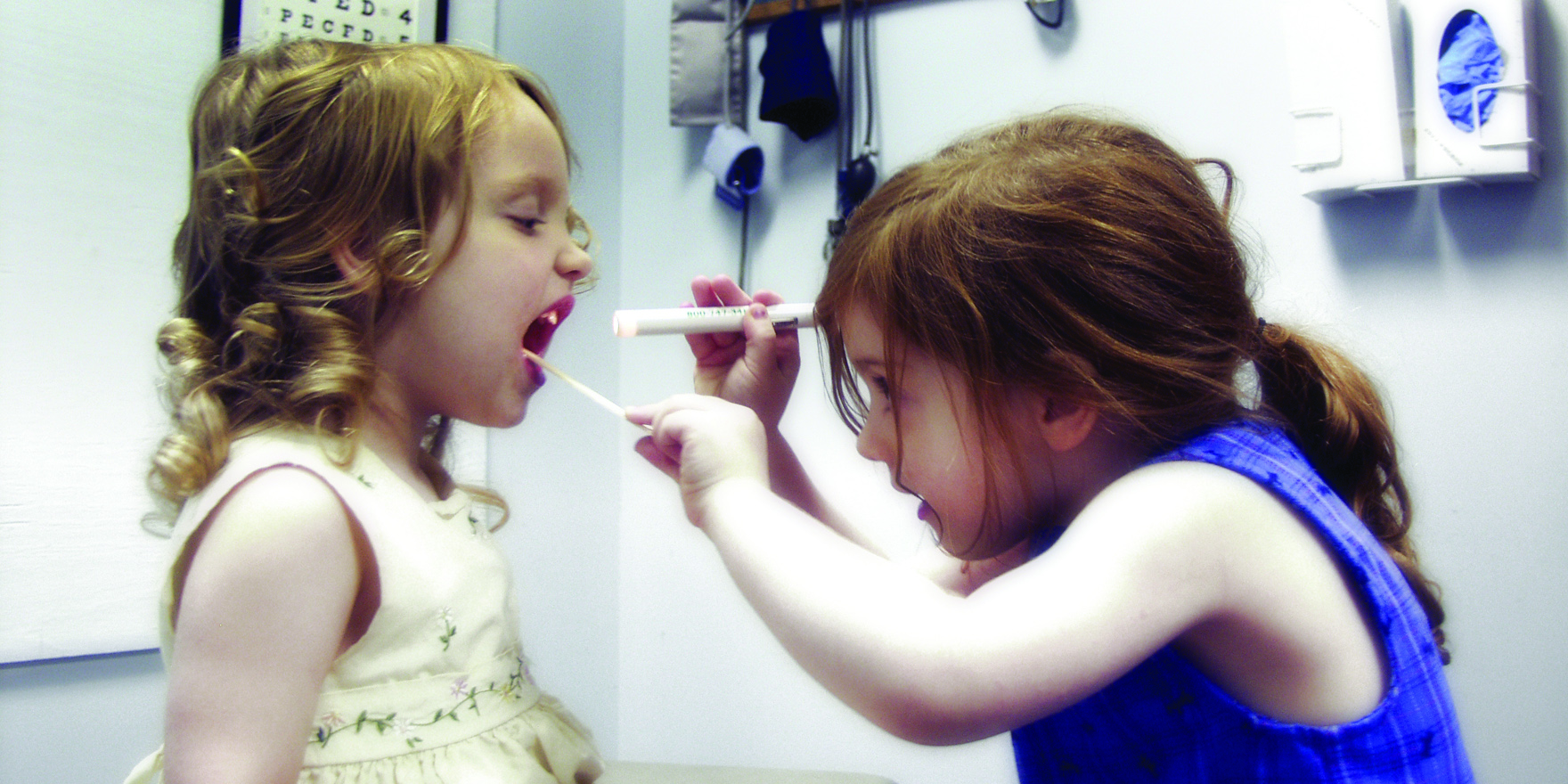A GP training placement program would kill two birds with one stone, the RACGP says
The RACGP is calling on the government to invest in a national scheme to create up to 1600 general-practice internships for doctors in training.
The College argues the policy would achieve two goals. It would ease the build-up of pressure on the medical training pipeline and it would acquaint more junior doctors with “real-world” primary care.
“Junior doctors, regardless of intended specialty, will benefit from exposure to general practice,” RACGP President Dr Bastian Seidel said.
“Australia is also facing a medical training crisis due to the disparity between increasing numbers of medical graduates and available medical training placements.
“The federal government can address both those of these issues by establishing a natural general-practice placement program for junior doctors.”
Under a program designed to shore up the rural GP workforce, the government this year started offering primary-care rotations in non-urban centres for first-year interns only.
The Rural Junior Doctor Training Innovation Fund supports 240 GP rotations per year, the equivalent of 60 full-time places, in general practices or Aboriginal Medical Services, for an outlay of some $18 million.
But, so far, the government has resisted calls for a revival of the highly popular but expensive Prevocational General Practice Placements Program (PGPPP), which offered 900 12-week places for interns before it was axed in the 2014-15 budget.
Specifically, the RACGP is asking for a program to kick off in 2020 with 400 places for PGY 1 and 2 trainees, ramping up to 1600 places over three years.
Given that GPs make up 30% of the medical workforce, and a higher proportion in rural Australia, it is essential that all doctors have experience in and understanding of general practice, the RACGP says in its 2018-19 pre-budget position.
Exposure to general practice in medical school is “minimal and rare”, it says.
The step would go some way towards meeting the shortfall in training positions for new graduates, which is forecast to reach 569 next year – the result of a threefold jump in medical school places over a decade.
In other core demands, the College is seeking funding for general-practice research and support for an antimicrobial stewardship program for GPs.
It calls for a 10-year commitment to a national program for general practice research training, and development of a comprehensive general-practice data registry.
“Inadequate evidence relevant to general practice hinders GPs’ efforts to provide evidence-based care,” the submission says.
As part of the government’s antimicrobial resistance strategy, the College says GPs have a “crucial” role to play in preserving the effectiveness of existing antimicrobials.
“At a time when the world is facing a future with less effective antimicrobial agents, some harsh realities need to be faced by both clinicians and government,” Dr Seidel said.
The RACGP is seeking an addition to the practice incentive program to support antimicrobial stewardship strategies in general practice.
In a recent position paper on the issue, it noted an urgent need to gather and analyse community prescribing data to drive these activities.
The complexity and uncertainties surrounding antibiotic prescribing in community settings was little understood, it said.


